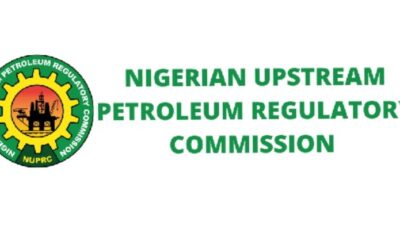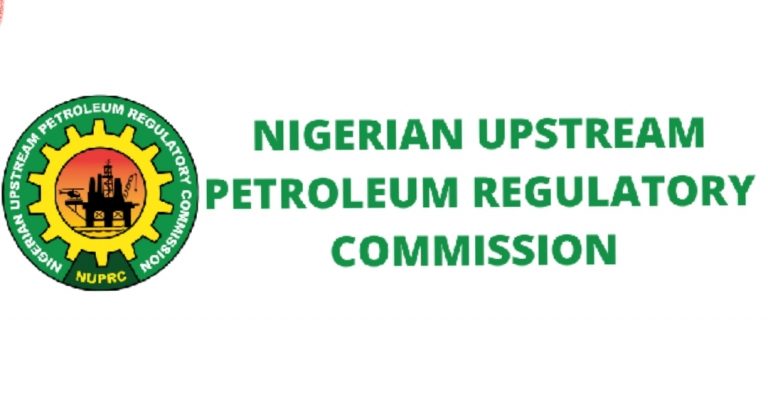Nigeria has 220 open oil blocks spread across onshore and offshore basins, according to data from the Nigerian Upstream Petroleum Regulatory Commission.
This comes despite rising national debt and crude supply challenges affecting domestic refineries.
The data indicates that the deep offshore region has the highest number of unlicensed blocks at 59, underscoring the country’s underutilised energy reserves in a technically demanding and capital-intensive area.
The Benue Trough has 41 available blocks, while the Chad Basin accounts for 40. The Sokoto Basin holds 28 unawarded blocks, and the Bida Basin has 16. Even in mature regions, some blocks remain idle.
In the offshore Niger Delta, which has long been central to Nigeria’s oil production, seven blocks are still unlicensed. The Anambra Basin has 13 open blocks, while eight each remain in the Benin Basin and the onshore Niger Delta.
A recent publication by the commission noted that 24 blocks were awarded from the 2022/2023 deepwater mini bid round and the 2024 licensing exercise.
Highlighting Nigeria’s deepwater potential, the commission pointed to commercial discoveries and successful operations by companies such as NNPC Exploration and Production Limited’s Abo field, Chevron’s Agbami field, Yinka Folawiyo’s Aje field, TotalEnergies’ Akpo and Egina fields, Shell’s Bonga field, and ESSO’s Usan and Erha fields.
The commission explained that deepwater terrain has attracted growing interest from international oil firms amid ongoing portfolio reviews and asset divestments. However, development in this region remains limited due to its technical complexity, significant capital requirements, and infrastructure challenges.
It added that there are currently 59 unlicensed blocks in the deep offshore zone, representing 27% of Nigeria’s open blocks and 80% of those in the Niger Delta and its offshore extensions.
As of January 1, 2025, the deepwater region contributed around 19% of Nigeria’s oil reserves and 12% of gas reserves. Experts said these figures show a disconnect between the country’s reserves and its actual production output.
The country’s dependence on oil revenue means that delays in licensing and developing oil blocks affect revenue generation, driving reliance on borrowing. Nigeria’s debt climbed to over N149 trillion in Q1 2025, with local refineries still grappling with crude shortages.
A map released by the commission revealed extensive areas, especially in Nigeria’s maritime zones, that remain untapped. While projects like Agbami, Bonga, Egina, and Akpo have been successful, they remain exceptions in a largely undeveloped offshore terrain.
To address this, the commission plans to introduce a cluster development model to unlock smaller reserves and reduce costs. A 2025 licensing round was announced but had yet to begin at the time of reporting.
In addition to the 220 open blocks, Nigeria also has several licensed fields that remain undeveloped. The commission estimates over three billion barrels of oil are held in such fields.
In April, the Minister of State for Petroleum Resources (Oil), Senator Heineken Lokpobiri, threatened to revoke undeveloped oil blocks.
He urged international oil firms to boost investment in the Nigerian oil and gas sector, noting that the current administration has created an enabling environment for operations.
He stated that keeping oil blocks idle for 20 to 30 years adds no value, urging companies to consider joint development strategies or relinquish the assets for reassignment.
He also emphasised support for local refining, pointing out that new refineries need reliable crude supply. He said boosting production is key to meeting both domestic and export obligations.
The Dangote refinery, for example, reportedly imported up to 10 million barrels of crude in July from the United States to meet feedstock needs.

 BIG STORY3 days ago
BIG STORY3 days ago
 BIG STORY4 days ago
BIG STORY4 days ago
 BIG STORY2 days ago
BIG STORY2 days ago
 BIG STORY12 hours ago
BIG STORY12 hours ago
 BIG STORY4 days ago
BIG STORY4 days ago
 BIG STORY1 day ago
BIG STORY1 day ago
 BIG STORY4 days ago
BIG STORY4 days ago
 BIG STORY4 days ago
BIG STORY4 days ago























